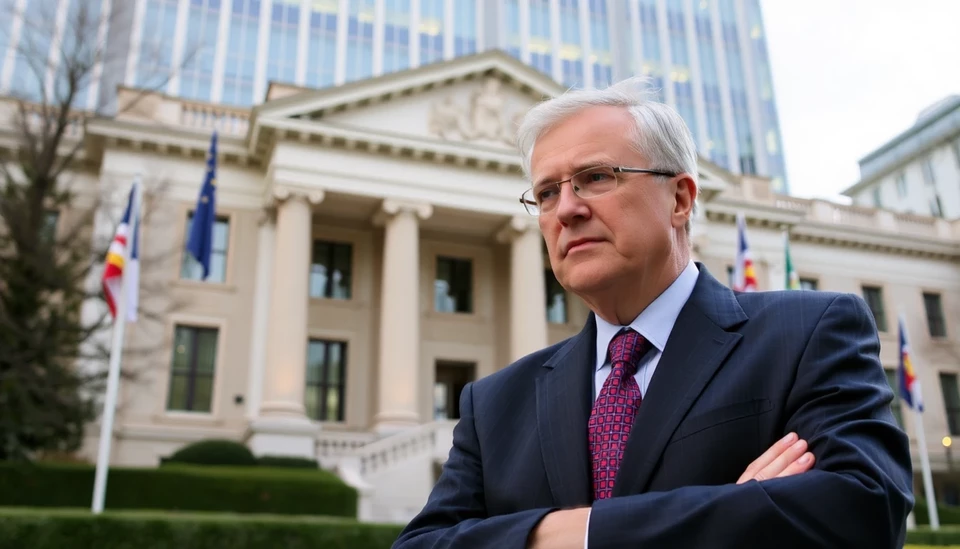
In a striking update from the European Central Bank (ECB), Finnish central bank governor Olli Rehn has indicated that the current restrictive monetary policies may be nearing a conclusion. This comes amid increasing scrutiny of the ECB's approach to interest rates and economic stability within the Eurozone.
During an interview following a recent conference, Rehn expressed that the central bank could soon be shifting away from its stringent measures, which have included several key interest rate hikes aimed at curbing inflation. This announcement raises significant questions about the ECB's future direction as it navigates a complex economic landscape marked by fluctuating inflation rates and a struggling growth trajectory.
Rehn highlighted that the performance of inflation and the broader economic indicators will be pivotal as policy adjustments are considered in the upcoming months. He noted that while the fight against inflation remains crucial, the ECB is also tasked with ensuring that economic activity does not falter. “It is important for us to remain vigilant regarding inflation, but we must also support robust growth,” Rehn stated, indicating a balanced approach moving forward.
The statement from Rehn reflects a growing consensus among ECB officials, who suggest that the effects of previous rate increases are beginning to materialize. This has prompted discussions on a more accommodative monetary policy, potentially smoothing the path for economic recovery in the Eurozone, which has faced challenges including an energy crisis and geopolitical tensions.
Market analysts are closely monitoring these developments, interpreting Rehn's comments as a signal to brace for possible changes in rate policies during the ECB's next meetings. The implications of this policy shift could reverberate throughout the global financial markets, particularly as the Eurozone strives to maintain its competitiveness against other major economies.
As the ECB assesses its strategies, stakeholders will be keen to observe how promptly it can adapt to evolving economic conditions. Speculation regarding future monetary easing is already stirring conversations among investors and economists, who are eager to gauge how this may influence inflation rates and economic growth in the Euro region over the coming years.
Overall, Rehn's remarks indicate a crucial turning point for the ECB as it weighs the dual goals of stabilizing prices and fostering a favorable environment for economic recovery. The coming months will likely delineate the future trajectory of European monetary policy, with keen attention on inflation, growth figures, and the broader economic environment.
As discussions evolve and further announcements are made by the ECB, all eyes will be focused on how these changes will ultimately affect the Eurozone's economy and its standing in the global market.
#ECB #MonetaryPolicy #InterestRates #Eurozone #OlliRehn #Inflation #EconomicGrowth #FinanceNews
Author: Rachel Greene




